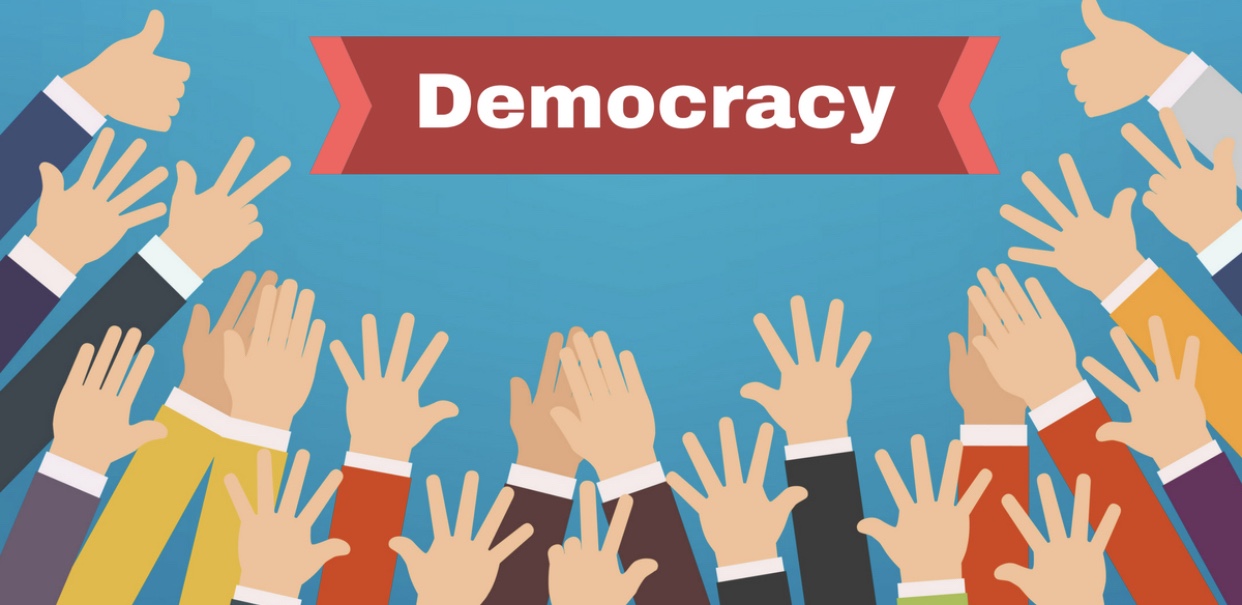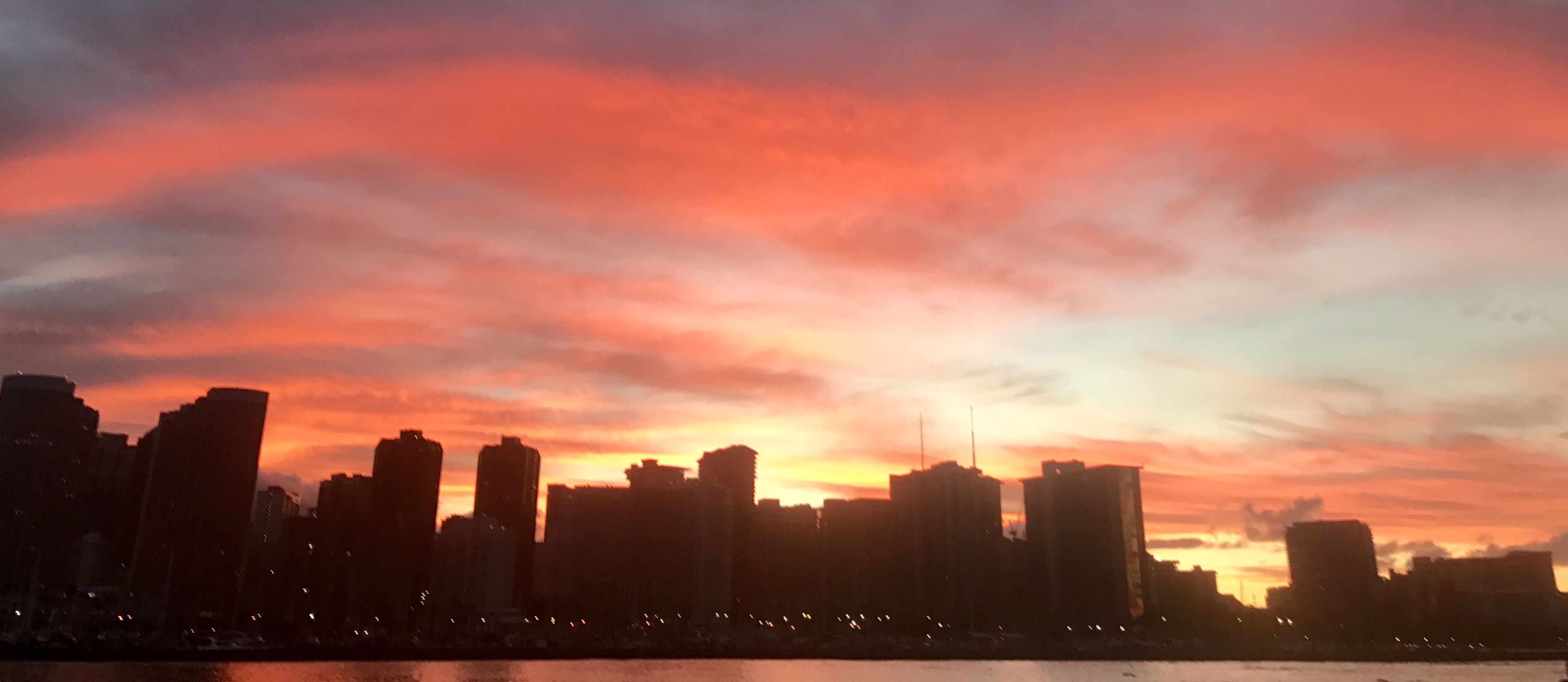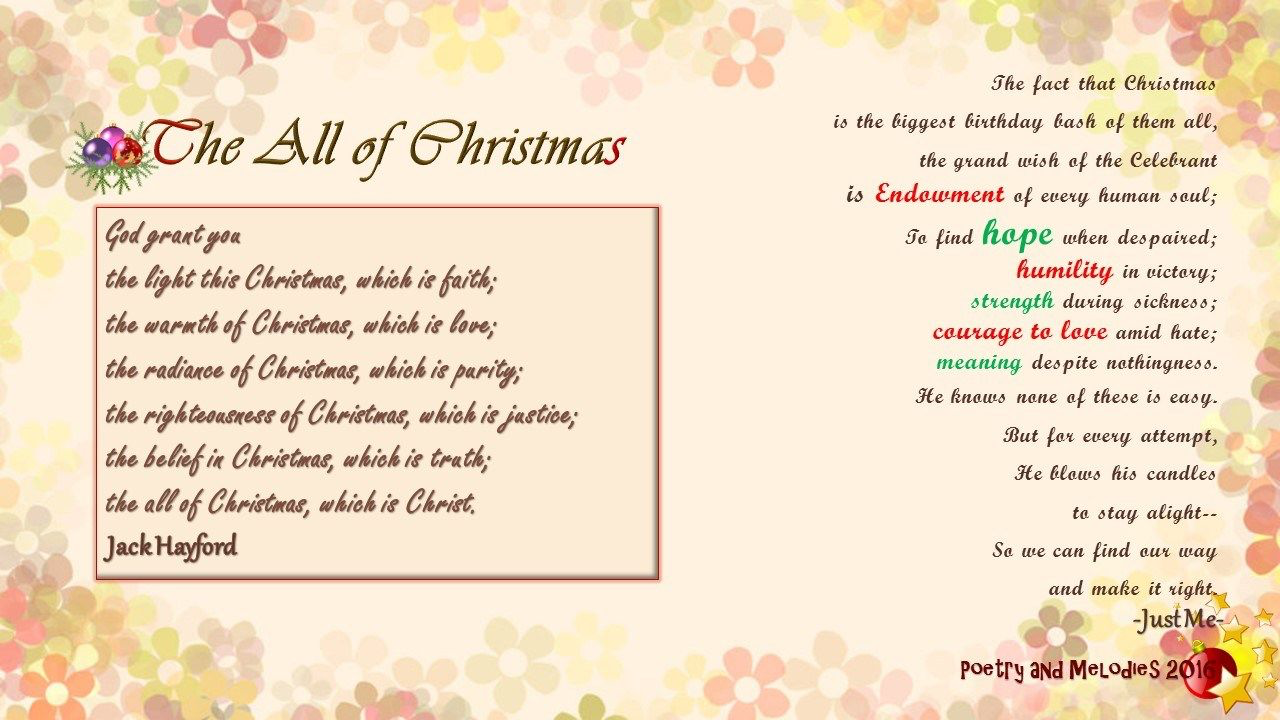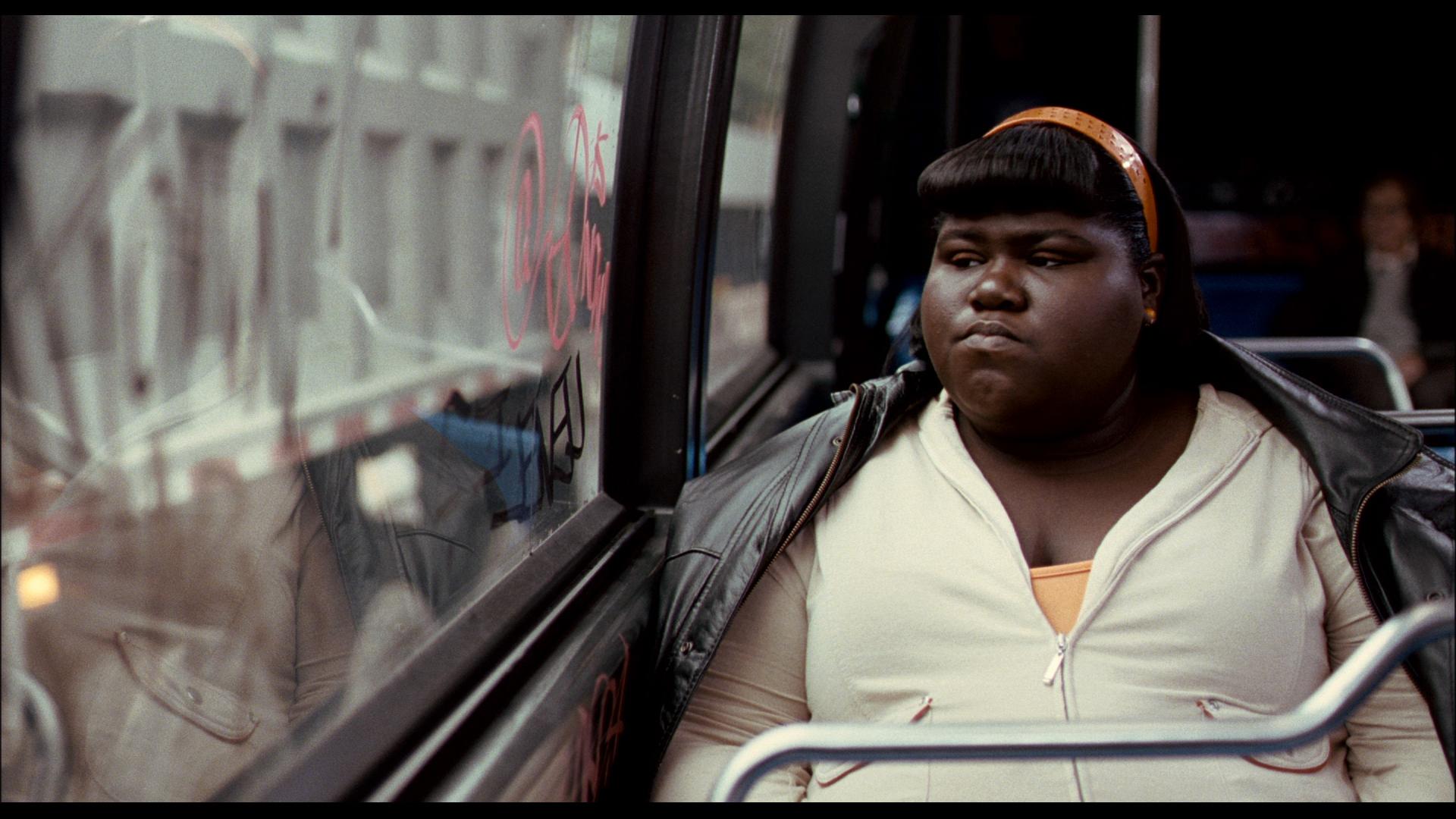
”When America made 12 years of Public Education universal in the last century, we became-not figuratively, literally-the best educated public in the world and better prepared than any other nation. And I would argue that it’s one of the reasons why we are successful and have been successful” President Joseph R. Biden. And I agree with the chief executive. However, I also believe that for his Student Loan Debt Relief Plan to be truly meaningful; impactful and lasting, the Biden-Harris administration should work with the United States Congress to achieve a more concrete and viable solution by making it an act instead of an executive order.
In brief, I hope we can all agree that debt-especially student loans-has detrimental ramifications to one’s well-being. And our leaders know this so well. In fact, there are laws in place to protect us, consumers from the evils of indebtedness. To name a few, there’s the Fair Debt Collection Practices Act, Truth in Lending Act, and last, but not least, the bankruptcy law. Sadly, hardly-if not-none of those laws directly and significantly addresses the perils of student loan.
What the statistic says?
Melanie Hanson of Education Data Initiative reports that as of July 29, 2022:
“ . . . student loan debt in the U.S. is at 1.748 trillion;
. . . 43. million Americans have student loan debts;
. . . the average federal student loan debt balance is $37,667 while the total average balance (including private loan debt) may be as high as $40,274.”
Opinion
I recently engaged in a contractual employment processing loan forgiveness application for the Paycheck Protection Program under the CARES Act. I witnessed first-hand how loan forgiveness gave hope to many small businesses that were severely impacted by Covid-19’ economic disruption. That if the government didn’t intervene through the CARES Act, many businesses couldn’t have survived. And for this reason, I am compelled that if the government would push through the Student Loan Forgiveness and to make it as a 1040 schedule, our government is proactively and effectively addressing this crisis.
Lastly, by introducing the Student Loan Debt Relief Plan to the U. S. Congress; or to make it an Act—It can be a bipartisan endeavor that the American citizenry can appreciate. That alongside the application for Student Loan Forgiveness, a 1040 (federal income tax return) schedule, stipulating eligibility by giving credits to public service for governmental and nonprofit professionals, their years of service, community engagement (such as volunteering), income and disability status.
Conclusion
The Biden-Harris Administration’s Student Debt Relief Plan gives hope to 43 million Americans (Hanson, 2022) indebted with student loans. However, to ensure its success and lasting impact (one that is safe from political maneuvering), the White House and the United States Congress should pass an Act addressing this long-standing crisis that has been hurting the well-being of many Americans.
Helpful Links
The Biden-Harris Administration’s Student Debt Relief Plan Explained
https://studentaid.gov/debt-relief-announcement/
Remarks by President Biden Announcing Student Loan Debt Relief Plan
FACT SHEET: President Biden Announces Student Loan Relief for Borrowers Who Need It Most
Student Loan Debt Statistics
https://educationdata.org/student-loan-debt-statistics
Adams Statement on President Biden’s Student Loan Debt Relief Plan
Would Biden’s Debt Forgiveness Plan Survive a Court Challenge?
Would Biden’s Student Loan Forgiveness Plan Survive a Court Challenge?
Is Biden’s Student Loan Forgiveness Plan the Right Approach?
References
Biden, Joseph R. (2022, August 25). Remarks by President Biden Announcing Student Loan Debt Relief Plan. Speeches and Remarks, Briefing Room, Roosevelt Room. WhiteHouse. gov. Retrieve from https://www.whitehouse.gov/briefing-room/speeches-remarks/2022/08/25/remarks-by-president-biden-announcing-student-loan-debt-relief-plan/
Hanson, Melanie. (2022, July 29). Student Loan Debt Statistics” EducationData.org. Retrieved from https://educationdata.org/student-loan-debt-statistics
U. S. Department of Education. (N.d.). The Biden-Harris Administration’s Student Debt Relief Plan Explained. Federal Student Aid. Retrieved from https://studentaid.gov/debt-relief-announcement/















You must be logged in to post a comment.